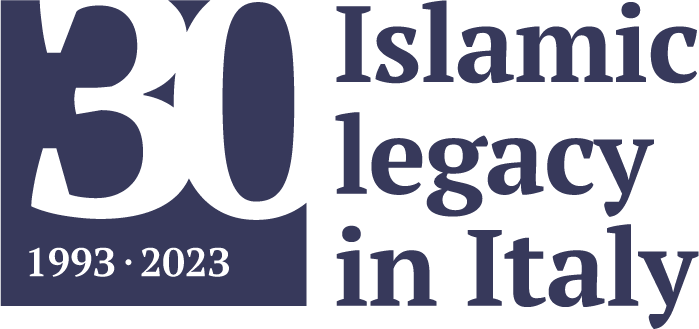The conference revolves around the thesis that violence against women is not an aspect of the pre-modern world which will eventually wither away, or disappear with “progress”. On the contrary, physical and symbolic violence against women is a constitutive element of modern politics, and as such requires an intersectional and post-colonial approach that may include elements such as race and ethnicity.
Violence against women will be analysed in light of some of the most evident crisis of modernity. The first panel Structures of power, violence and the construction of gender highlights the permanence of structures of oppression and discrimination that become evident in phenomena such as domestic violence and symbolic violence. The second panel Gender based violence in political conflicts will wider the lens to consider how gender remains a constant element in the framing of political conflicts, and will take into consideration race and inclusion as well as nation building, to culminate in the analysis of the role of gender in genocidal practice. The third and last panel Violence, gender and religion will discuss how gender intersects with religion and culture to frame new kind of political conflicts in the context of what has been defined as a post-secular age.
This conference aims at analysing this phenomenon in an inter-disciplinary perspective, which may be helpful to faculty and students from a variety of disciplines (sociology and poliscience, human rights, religion, history and philosophy; visual culture).
This events takes place on March 8; this year, Women’s day will be marked by a renewed appeal for a global women strike. Our event will be open to these political practices: besides scholars of various disciplines, it will give the floor to activists and practitioners representing movements and organisations of different kinds such as anti-violence centres as well as the international campaign Niunamenos.

